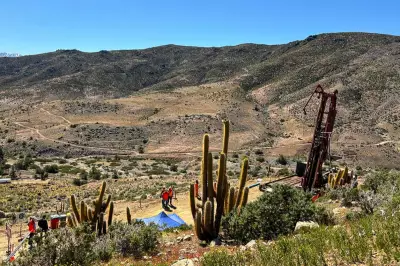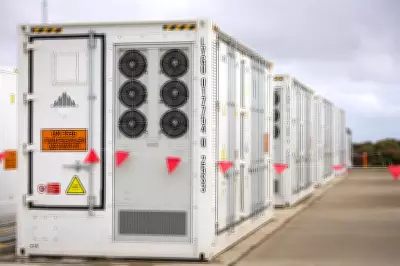
In a significant address to shareholders, Beach Energy chair Ryan Stokes has launched a strong critique of a central pillar of the Federal Government's climate policy, demanding an urgent review of the safeguard mechanism.
A De Facto Carbon Tax on Industry
Speaking at the Beach Energy annual general meeting in Adelaide on Wednesday, Mr Stokes did not mince words, labelling the policy a de facto carbon tax. He argued that the financial burden imposed by the mechanism ultimately gets passed on to Australian households and businesses.
"The safeguard mechanism functions as a carbon tax on industry, and like taxes, this cost is ultimately passed through to consumers," Mr Stokes told the meeting. He emphasised that the impact of this policy on cost and competitiveness must be fully examined.
Policy Uncertainty Deterring Investment
Mr Stokes, who also heads industrial group SGH, pointed to what he described as onerous regulations and policy uncertainty as major factors stifling new investment in the nation's energy sector. He warned that these interventionist measures are discouraging the exploration needed to prevent future supply shortfalls, a particular concern for the east coast market.
"Heavy handed regulation will not fix what is fundamentally a supply issue," he stated. The Beach Energy chair further contended that existing regulatory frameworks drive up costs and fail to properly account for the risks involved in developing new gas supplies.
The Call for Practical Reform and New Supply
Instead of the current approach, Mr Stokes championed a push for practical reform aimed at cutting red tape, speeding up approval processes, and unlocking new areas for exploration. He positioned new gas supply as the only sustainable answer to meeting Australia's growing energy demands.
"New supply is the only sustainable solution to meet Australia's growing energy needs," Mr Stokes asserted, adding that more needs to be done to turn policy intent into action.
The safeguard mechanism is designed to cap and reduce greenhouse gas emissions from the country's largest polluting facilities. Companies that exceed their emissions baselines are required to purchase carbon credits to offset their excess pollution.





